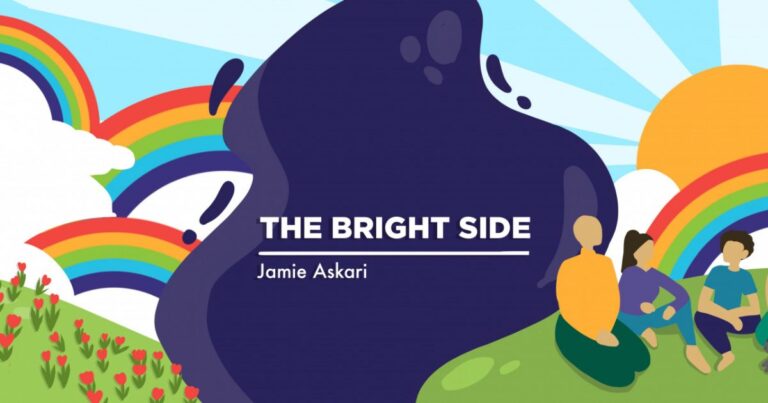Being born and raised in Cleveland, I’m used to living in a city with top-notch health care. This didn’t mean much to me as a child and as a young adult, as I was extremely fortunate that neither myself nor my immediate family had any major medical issues to contend with.
When my husband, Arman, was diagnostic with early onset Parkinson’s disease, the value of living near the world-renowned Cleveland Clinic hospital system quickly became apparent to me. A quick 25-minute drive brings us to one of the top-rated neurological restoration centers in the country.
Not only is our local hospital equipped with fantastic specialists, surgeons, therapists, nurses and support staff, but it also offers valuable programs and support groups for Parkinson’s patients and caregivers.
I recently decided to attend one of the Cleveland Clinic’s local events called Care Partner U. Now that I am a Parkinson’s disease news today journalist, I felt it was my duty to attend. I hoped to bring back some useful information and ideas for my readers.

My top takeaways
The event took place on a recent Saturday at a hotel across town. I woke up early that day, eager to learn more about how to become the best caregiver possible for Arman.
When I arrived, I checked in and put on my caregiver color badge. Apparently people with Parkinson’s were also welcome, which I didn’t realize until I arrived. (Sorry, Arman!) I received a folder with the day’s schedule, along with lots of helpful materials about support groups, safety, and even a caregiver bill of rights. Several breakout sessions featured informative speakers throughout the day.
I sat alone in the hotel banquet hall. I think most people thought I was the daughter of a Parkinson’s patient, not his wife. The event provided each caregiver with a goody bag filled with goodies like a coffee mug, candy, a notebook and inspirational quotes. It was a very nice touch.
The first speaker discussed prepare for the future. This topic was helpful but scary, so I found myself on the sidelines. I try not to think too much about the future because the unknown is overwhelming. This may be a naive response, but for me it’s the best way to deal.
After feeling a little uncomfortable, I was excited to listen to the next speaker talk about self-care for caregivers. The woman was upbeat and completely lifted my spirits. She discussed the Caregiver Bill of Rights, which had many points, but here are a few that stood out to me:
- Taking care of yourself is not self-centered.
- Ask for help from others, even if your loved one objects.
- Expressing your emotions is important.
- Be proud of your accomplishments and applaud your personal courage.
At least two dozen booths that attendees could visit between sessions featured vendors and information. While browsing through them, I met two nice ladies. We started talking about our stories and their similarities and differences. I felt comfortable and the three of us decided to sit together at the lunch that was offered to us. We talked for a long time and cried together for our husbands and for each other. We even exchanged numbers and hope to reconnect soon.
Effective communication with Parkinson’s disease was the topic of the next speaker. I learned that it is important to minimize distractions when communicating. It also helps to talk face to face rather than calling or shouting from another room. The suggestion to take a deep breath while waiting for your loved one with Parkinson’s to speak was a good one.
The day ended with a presentation on emergency preparedness. Basic survival certification is important because choking is a problem with Parkinson’s disease. The speaker recommended speech therapy, occupational therapyand physical therapy to prevent choking, falls, and other potential dangers associated with the condition.
I went home feeling good after the day. It has been helpful for me to learn new tools that will allow me to be more proactive in caring for Arman, as well as myself. Plus, I was excited to make new friends! I definitely plan to attend Care Partner U again next year.
Note: Parkinson’s disease news today is strictly a news and information site about the disease. It does not provide medical advice, diagnosis or treatment. This content is not intended to be a substitute for professional medical advice, diagnosis, or treatment. Always seek the advice of your physician or other qualified health professional with any questions you may have regarding a medical condition. Never disregard professional medical advice or delay in seeking it because of something you have read on this website. The opinions expressed in this column are not those of Parkinson’s News Today or its parent company, BioNews, and are intended to generate discussion about issues related to Parkinson’s disease.
